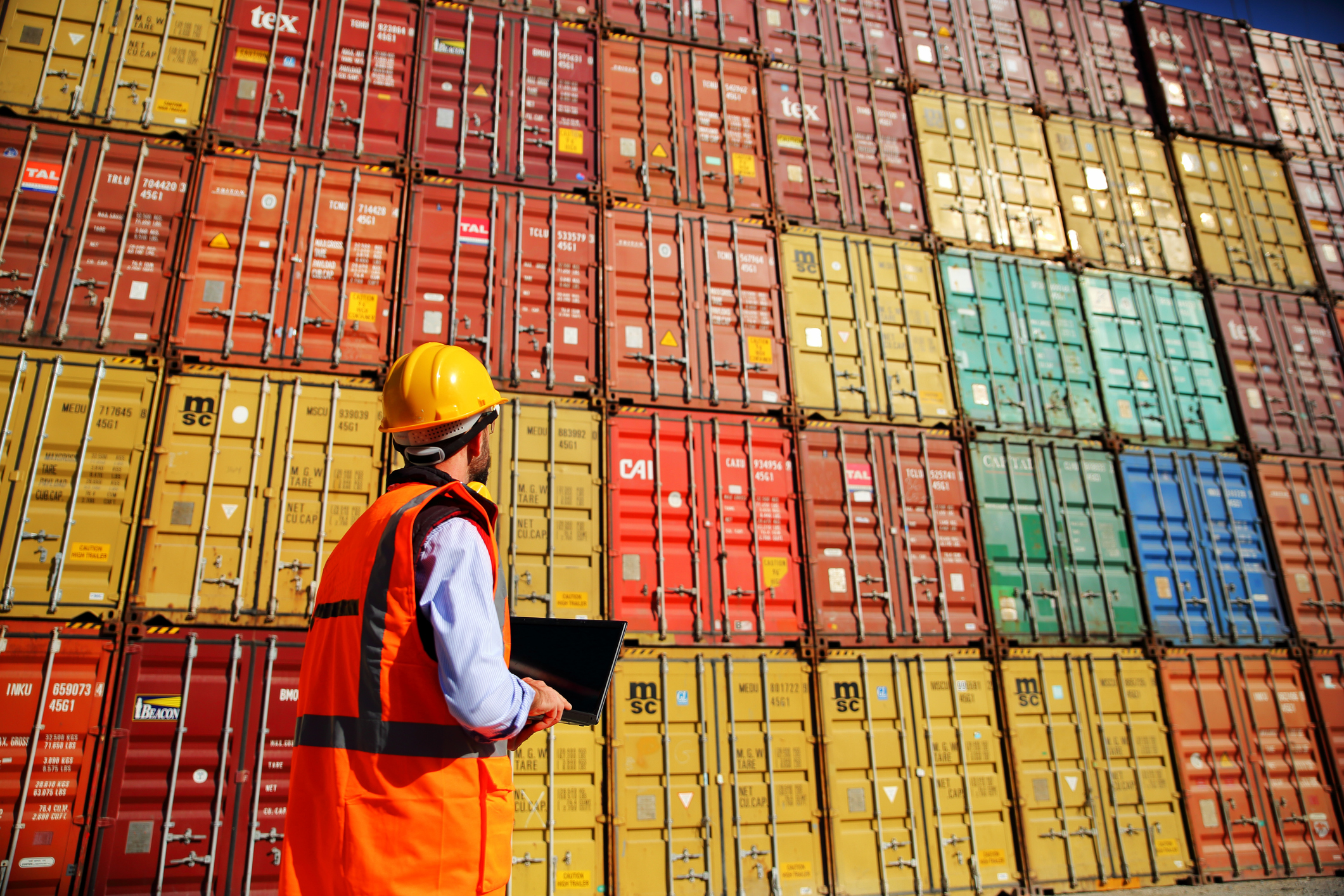India’s labour reform programme has opened a new chapter for the country’s dock workforce, with the implementation of the four Labour Codes and updates to maritime laws aiming to ensure long-pending welfare, safety, and legal protections for workers in ports and docks across the country.
The Government has consolidated 29 previous labour laws into four comprehensive Labour Codes — the Code on Wages (2019), the Industrial Relations Code (2020), the Code on Social Security (2020) and the Occupational Safety, Health and Working Conditions Code (2020). Together with amendments to the Indian Ports Act and the Merchant Shipping Act, the reforms establish a unified framework intended to secure the rights and well-being of all dock workers, including those engaged through contractors or on temporary assignments.
Under the new system, compulsory registration of docks as formal establishments has been made mandatory for regulatory recognition. This move is designed to ensure that workers are able to claim legal entitlements and seek grievance redressal. Registered establishments must now maintain records, follow prescribed safety standards and comply with health and welfare guidelines.
The Codes also expand access to social security. The provisions bring all dock workers — permanent, contractual and temporary — under schemes for provident fund, pension and insurance benefits. Employers are required to issue appointment letters and formally record service, paving the way for inclusion in social security databases and eliminating long-standing loopholes that kept several categories of workers outside the system.
Digital systems have been introduced to make compliance, registration and benefit delivery more efficient. E-governance platforms enable online documentation, complaint filing, wage payments, and portability of social security records across states — a change that supports worker movement between ports and contracts.
Workplace safety and health protections have been significantly expanded under the Occupational Safety, Health and Working Conditions Code. All docks must now conduct risk assessments and adopt preventive mechanisms for hazards such as fire, noise, falls, chemical exposure and equipment failure. Annual health check-ups funded by employers are mandatory. The provision of drinking water, medical rooms, canteens, sanitary and washing facilities, rest areas and lifesaving appliances has been made legally binding.
Oversight mechanisms have also been strengthened. Safety boards constituted at the state and national levels are tasked with regular inspections, audit reviews and updating of safety standards. Representation of both employers and workers in these bodies enables collaborative policy implementation and continuous monitoring of safety protocols.
The reforms are aligned with international labour and maritime safety practices, including global standards on dock safety and ship registration. The focus on transparency and enforceability aims to position India’s maritime workplaces on par with global benchmarks.














